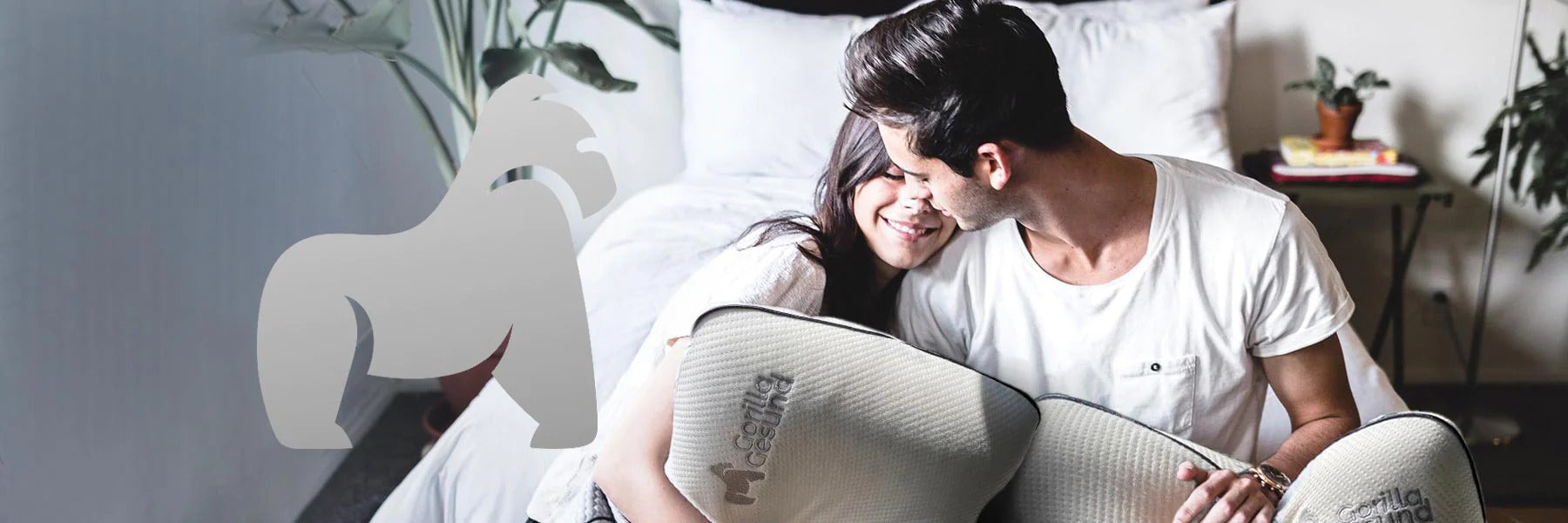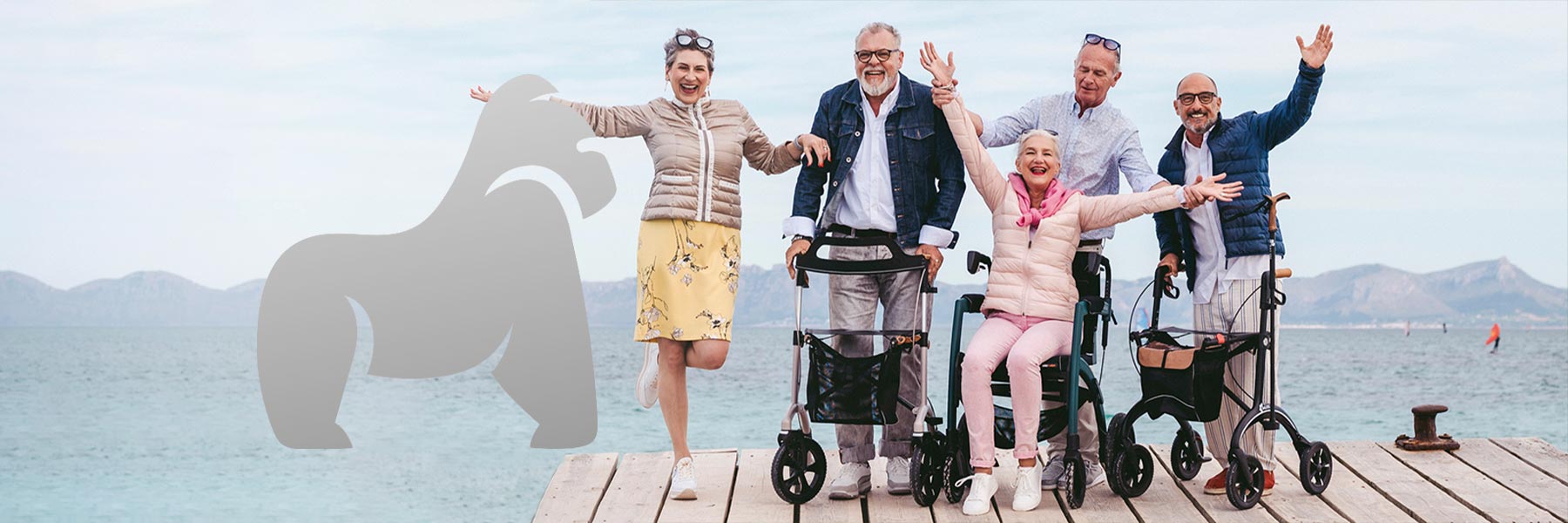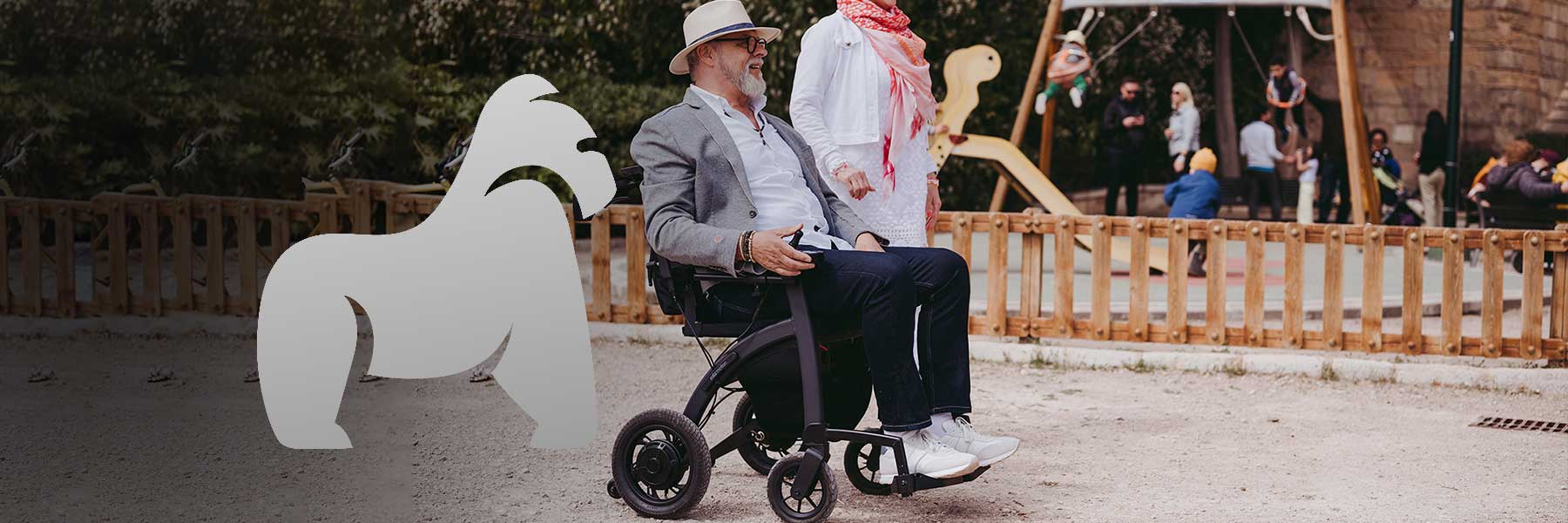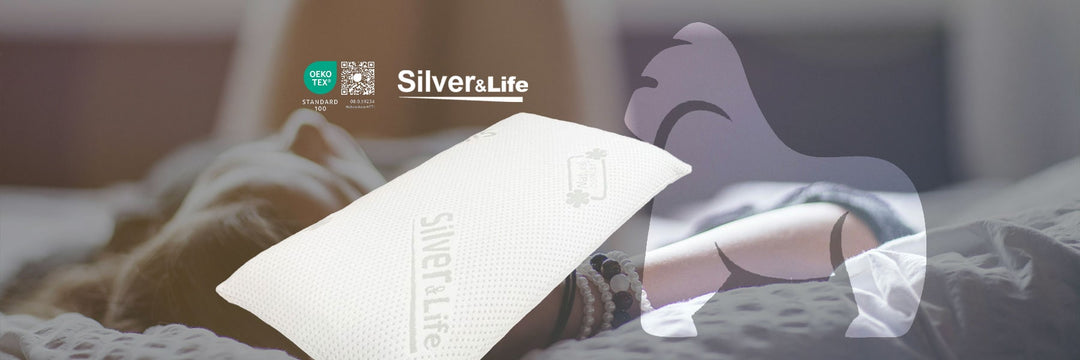
Why healthy sleep is important for our social bonds
Restful sleep is fundamental for a healthy and fulfilling life. Not only does our physical and mental well-being depend on sufficient sleep, but also our ability to maintain social relationships and help other people. New research findings from UC Berkeley show that sleep deprivation not only impairs our individual health but also weakens our social conscience, thus affecting society as a whole.
Sleep deprivation has already been linked to an increased risk of cardiovascular diseases, depression, diabetes, high blood pressure, and a higher mortality rate. The current findings now show that sleep deprivation also influences our basic social attitude and causes us to withdraw our willingness to help others.
A study has shown that the willingness to engage in charitable actions decreased by 10% in the week after the switch to daylight saving time, when people lose one hour of sleep. In states that do not change their clocks or return to standard time, no such decline was observed. This result illustrates that even a slight disruption of sleep affects our social behavior.
The study, led by researchers Eti Ben Simon and Matthew Walker from UC Berkeley, joins a growing number of investigations showing that insufficient sleep not only harms an individual's mental and physical health but also impairs bonds between people and even influences the altruistic feelings of an entire nation.
"Over the past 20 years, we have discovered a very close connection between our sleep and our mental health. In fact, we could not find a single major mental disorder where sleep is normal," says Walker. "But this new work shows that sleep deprivation not only impairs an individual's health but also the social interactions between people and ultimately erodes the very fabric of human society itself. How we function as a social species—and we are a social species—seems to depend heavily on how much sleep we get."
It is becoming increasingly clear that the effects of sleep deprivation are not limited to the individual but also affect the people around us. Ben Simon says: "If you don't get enough sleep, it not only harms your own well-being but also the well-being of your entire social environment, including strangers."
The researchers investigated in their study how sleep deprivation affects willingness to help. In an fMRI study, the brain activity of 24 healthy subjects was examined after a night with eight hours of sleep and after a sleepless night. They found that areas of the brain responsible for empathy and understanding the needs of others were less active after a sleepless night. This impairs our ability to put ourselves in other people's shoes and understand their needs.
In another study, the researchers followed over 100 people online over several nights. They measured the quality of their sleep and then assessed their willingness to help others. They found that poorer sleep quality from one night to the next predicted a significant decrease in willingness to help the following day. People who had slept poorly the previous night were less willing to help others the next day.
Another part of the study involved analyzing a database of 3 million donations in the USA between 2001 and 2016. Was the number of donations changed after the switch to daylight saving time and the possible loss of one hour of sleep? A decrease of 10% was observed. In regions of the country where the clocks were not changed, this decline in willingness to help was not observed.
The research findings of UC Berkeley show that even a slight lack of sleep, such as losing one hour of sleep, has a significant impact on our generosity and our motivation to help others. Sleep deprivation makes us less empathetic, less generous, and socially withdrawn.
Previous studies have shown that sleep deprivation causes people to withdraw socially and feel lonelier. When these sleepless people then interact with others, they almost transmit their loneliness like a virus to those individuals.
Sleep deprivation therefore not only has individual effects but also influences the social dynamics of a society. We become less empathetic, less generous, and more socially isolated. This has far-reaching consequences for our coexistence as a social species.
It is time to recognize the value of sufficient sleep in our society. Instead of judging people for getting enough sleep, we should promote sleep and consider it the foundation for strong social bonds. Sleep is an essential part of prosocial, empathetic, kind, and generous behavior. Especially in these times, when our society is often divided, healthy sleep is of great importance to bring out the best in us and help each other.
Sleep is essential for all aspects of our physical, mental, and emotional well-being. When sleep is underestimated in our society, not only doctors, nurses, and students suffer from sleep deprivation, but our interpersonal interactions also become less kind and empathetic.
In developed countries, more than half of people report not getting enough sleep during the workweek. It is time to discard the notion that sleep is unnecessary or wasted time and to get the sleep we need without shame. It is the best form of kindness we can show ourselves and those around us.
Sleep is a fundamental need and a crucial factor for our well-being and social relationships. By promoting sleep and consciously taking time for sufficient rest, we can strengthen social bonds and positively influence togetherness in our society.
Source: Berkeley Research






































